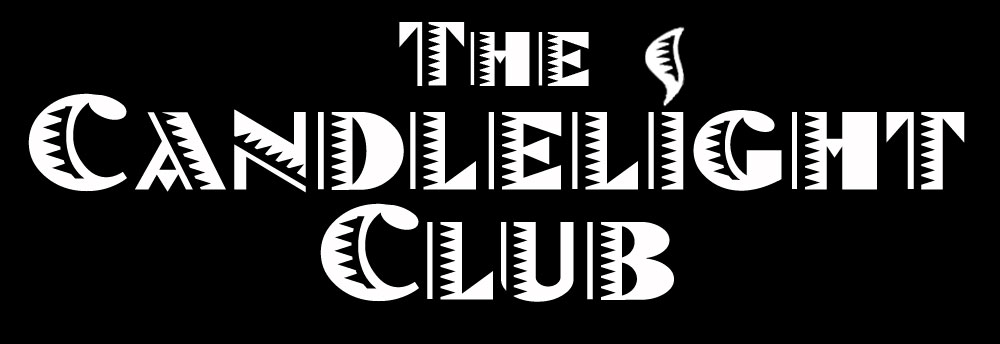Our April party has a 1920s Paris theme—and no drink is more associated with underground Paris than absinthe. This intense herbal infusion rose to popularity in the late 19th century and became the tipple of choice for artists, poets and bohemians, who tried to describe the combination of intoxication and invigorating clarity they felt it gave them. Banned for decades, it is now legal again and enjoying a comeback.
Artist’s impression of the “Green Fairy” inspiring an artistic type
At our London speakeasy party you’ll be able to sample three types: Angelique, a classic green absinthe with a bitter edge; Butterfly, a slightly minty absinthe based on an American recipe from 1902; and La Clandestine, a milder, colourless style from the Swiss town of Couvet, the birthplace of absinthe, made to a (then illegal) recipe from 1935.
We’re also holding a private absinthe masterclass before the doors open to the rest of the guests. You'll hear the history of absinthe, why it got banned in many countries 100 years ago and how it has risen to popularity again. You'll learn the traditional way to prepare it, how to use an absinthe fountain and spoon and what "louching" is. The class is free but places are limited, so get in touch if you’d like to join. (Note you must have a ticket to the party.)
Absinthe was considered healthy in its heyday—particularly “oxygenated” absinthe, a fad that was developed late in Edwardian times to fight the growing anti-absinthe forces
For more on the history of absinthe, the many misconceptions about it and its return from the wilderness, see this blog post. For some experiments with what makes a difference when preparing absinthe see this post.




